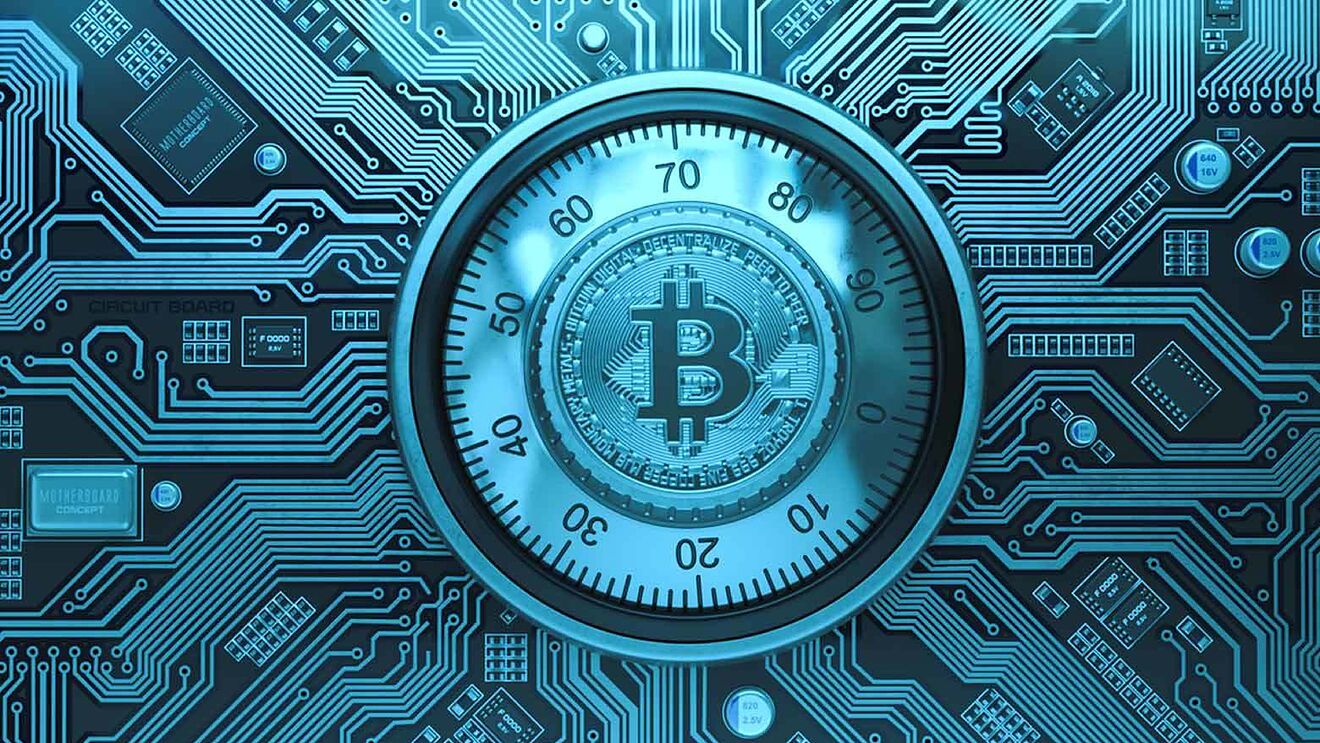Tokenization is typically used as an entire process by finance institutions and companies to simplify transactions and track funds throughout their lifecycle. In addition, platforms like meta-profit.org use fundamental and technical analysis to provide you with the best trading calls. However, technology has now turned the tables on this global enterprise with blockchain tech that seeks to change the means of tokenization and its very nature.
Businesses and consumers no longer have to depend on trust in other financial institutions or their previous understanding of tokenization when they can trade securities themselves without third-party assistance, such as brokers or managers. It is where blockchain technology comes in, offering a decentralized tokenization approach. By removing go-betweens and increasing the level of trust or security that users have with one another and their products, blockchain can be transformational for finance and tech companies who want to implement this new phenomenon.
Concept of Tokenization:
The concept of tokenization is not new, but until recently, financial companies such as banks and brokerages strictly controlled and managed the process. This process involves transforming tangible world assets like stocks or money into digital tokens represented by units of value known as cryptocurrencies (e.g., Bitcoin).
One of the main benefits of this process is that buyers and sellers are connected directly to one another without needing a third-party intermediary like a bank that an organization had previously required. It means that not only can there be a more direct and efficient trade, but being able to trade securities minimizes risk factors for both parties and execute transactions immediately and inexpensively.
Tokenization is not, however, restricted solely to the finance industry. It has been deemed an essential component of transformational technology, such as artificial intelligence (AI) and the Internet of Things (IoT). These technologies can be beneficial, but they also come with their complications. For example, when a company is interested in implementing AI, it must face the question of whether an in-house solution or a cloud-based solution would be the easiest method to use.
The issue is that these solutions require large amounts of data to be stored and handled, leading to security breaches and failure. By using a decentralized platform that can break down these technological barriers between multiple parties, companies can realize a safer and more effective approach to tokenizing assets that could have a lasting effect on how business is moved forward.
Advantages of Tokenization:
Tokenization offers advantages for businesses and consumers in the tech industries (and beyond). In some cases, the benefits of tokenization can be seen immediately. Still, incorporating blockchain technology makes it much easier for companies to achieve time and price advantages for their products.
The fact that the exchange costs are much less than traditional methods means that there are fewer costs to pay upfront, which opens the process up to more individuals and businesses who may not have the finance available for these transactions to be made. It equates directly to consumers being able to reap the benefits of new technology at a cheaper rate while using funds they may not have originally been able to access.
Beyond the benefits of blockchain technology itself, the most significant advantage of tokenization is how it can help streamline supply chain processes and make them more efficient. For example, many companies today don’t want to deal with the hassle of negotiating with multiple parties when trying to collect funds or items needed in their supply chain process.
The simple fact is that every step in this process takes time and money away from both parties involved: whether it be liquidating assets or dealing with third-party intermediaries; each time these steps are taken, there are costs for both parties involved. By working together directly, entrepreneurs of all levels in the supply chain can utilize a single platform and avoid dealing with multiple parties altogether.
Tokenization in real estate and healthcare with blockchain:
These industries are two of the most prominent when it comes to tokenization. In real estate, the process is used to streamline asset management and offer a decentralized means of facilitating every step of real estate transactions. In healthcare, tokenization can help facilitate these transactions safely and securely. By assigning specific rights to investors in this industry, companies can create smart contracts that users can program for specific events in their businesses, such as when an item is received at a warehouse or funds have been received from an investor.
The future of asset tokenization:
By using blockchain and tokenization, companies can access a new market of consumers and investors. What is most important to understand is that these markets are not limited by geography or time – allowing companies to reach far beyond their local borders and remain relevant in the future of global business. The tokenization of assets opens up an entirely new realm of possibilities for finance and technology, making it the key to the future for many industries.
The potential for blockchain tech to transform how we look at our everyday lives cannot be understated, and its widespread implementation could be what is needed to accommodate and implement artificial intelligence, the Internet of Things, biotechnology, and even cryptocurrencies like Bitcoin into our everyday lives.

